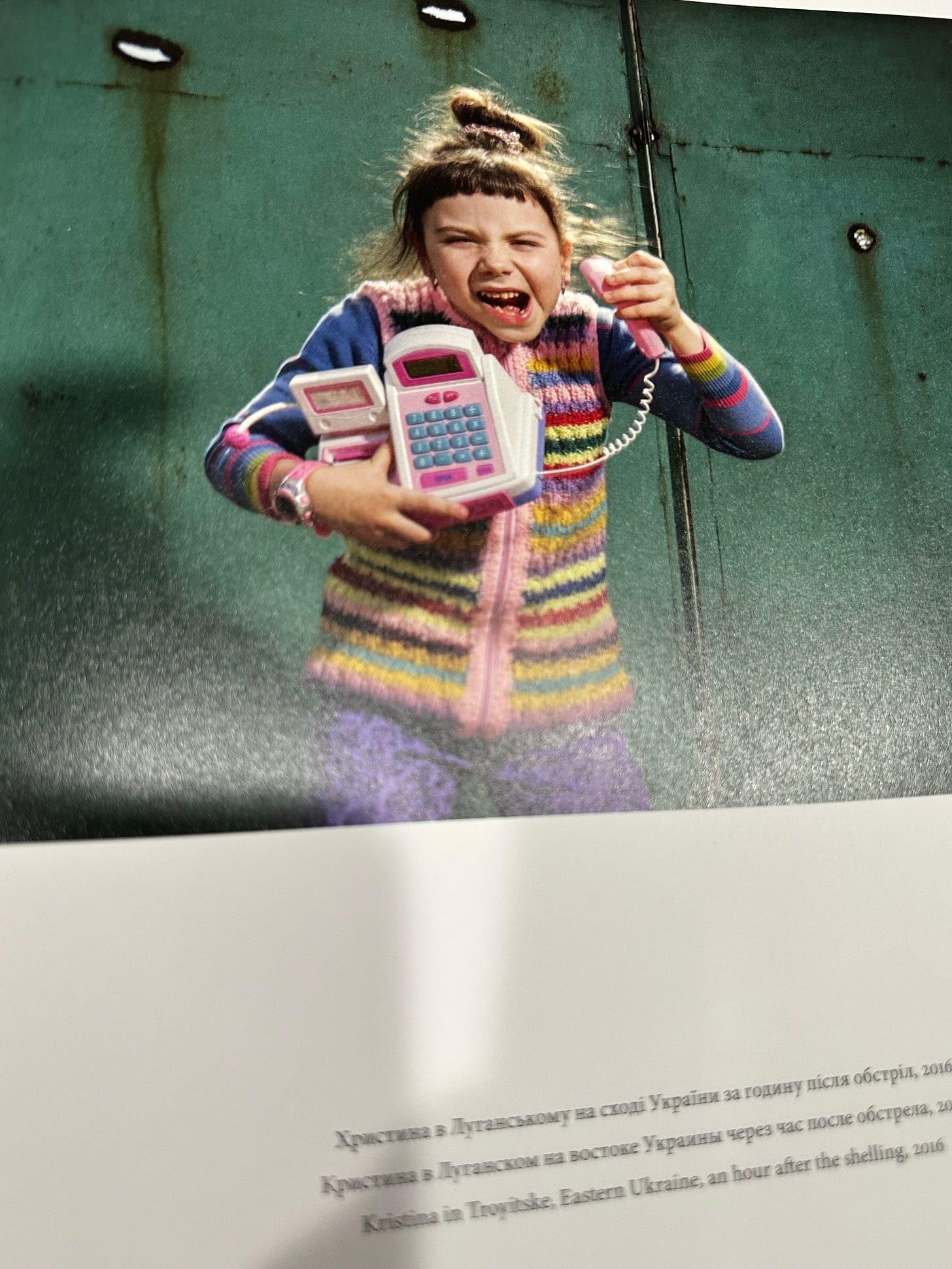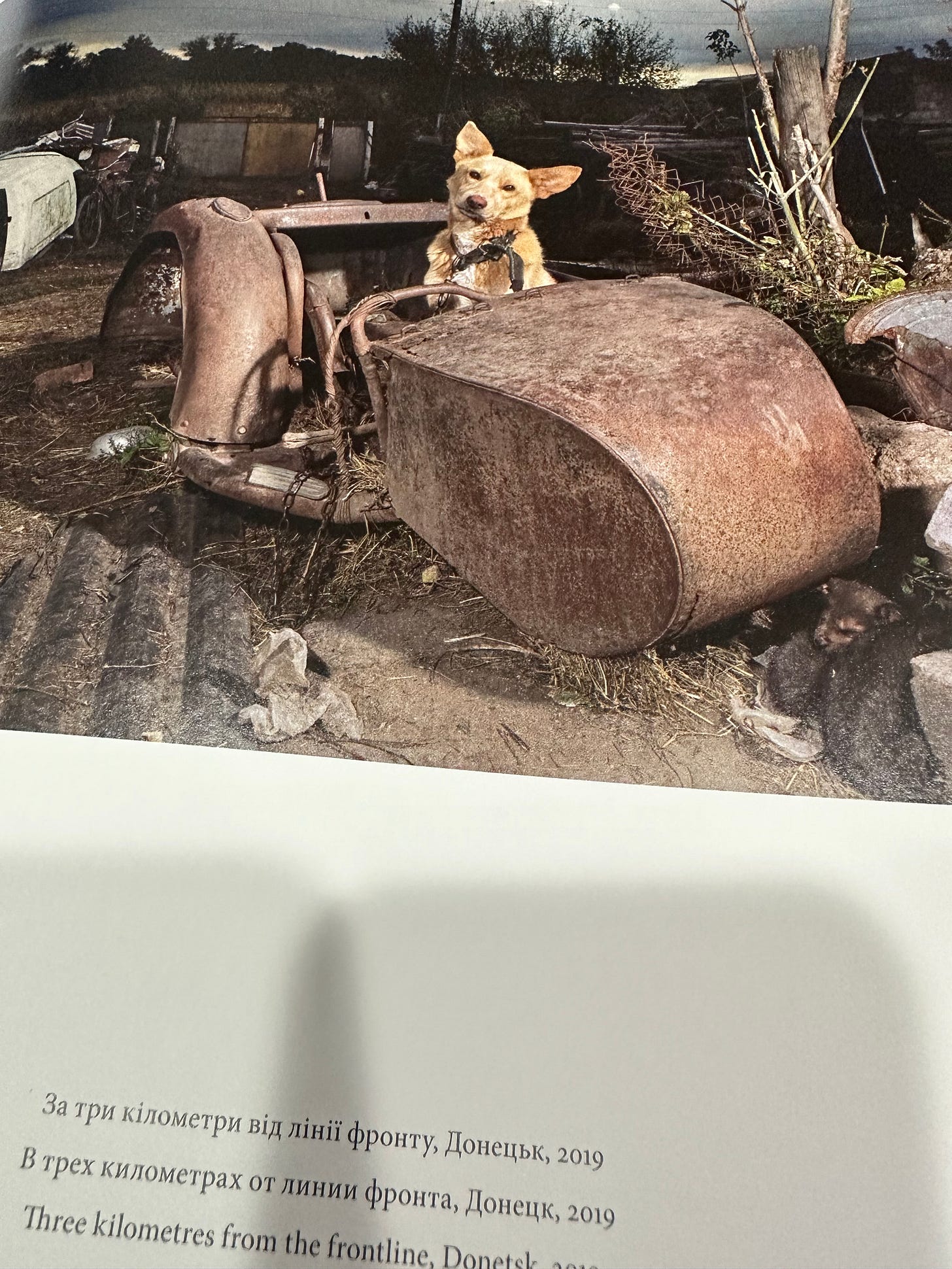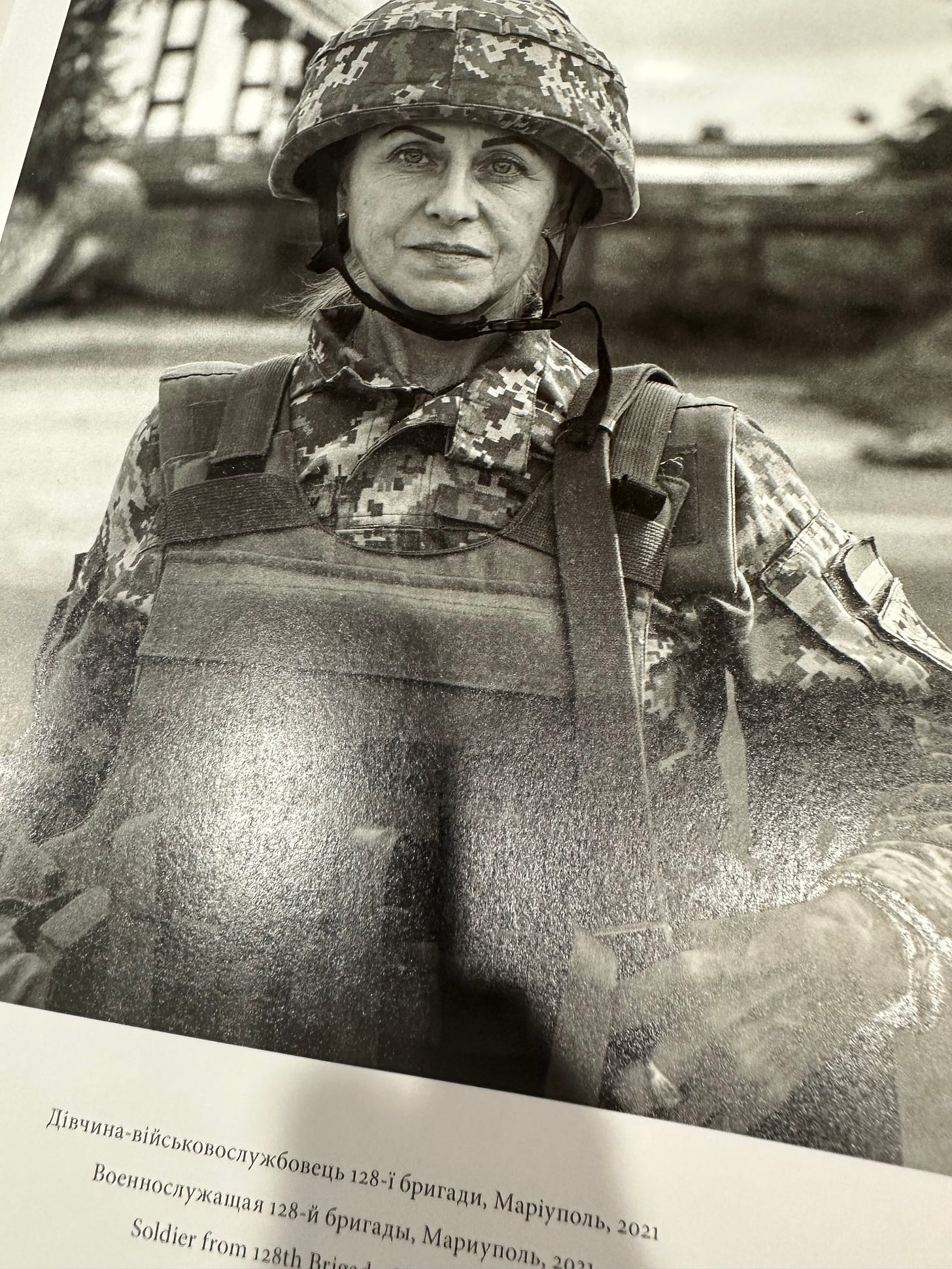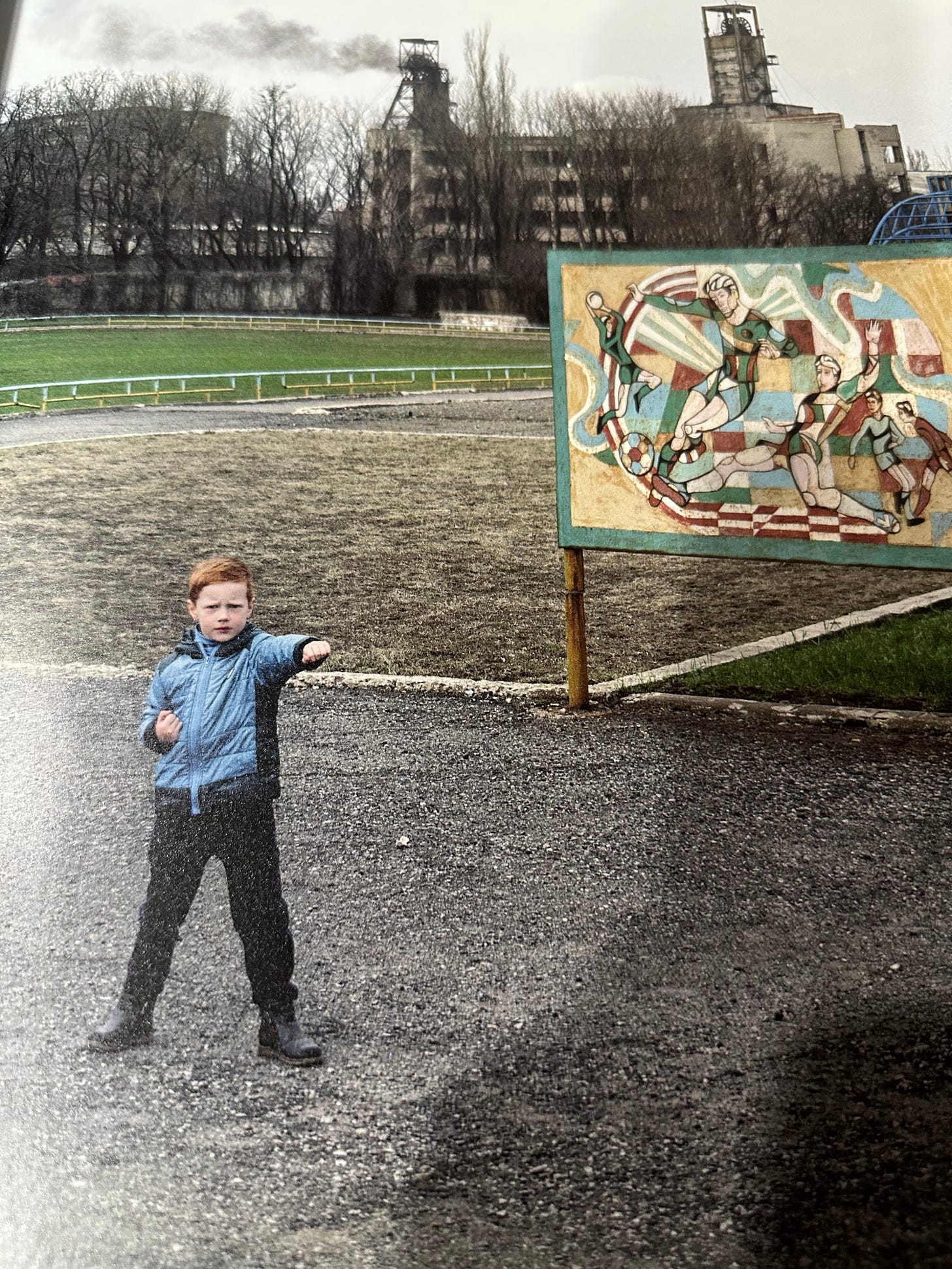Mark Neville: Stop Tanks With Books
The drumbeat of war surrounds us now, the news never letting up. Back in the beginning of 2022, when Mark Neville’s book Stop Tanks With Books was first announced, the world was in a very different place, but the warning signs were there. The book was intended to awaken the world to the warning signs, to inspire policy changes in the world to prevent war. But between the time of the announcement of the book and its release, boots on the ground landed on February 24th, in the largest land invasion since World War 2. Neville’s book arrived in a world already changed, too late as a warning.
In the changed world, the arrival of this book has a different reception, and it becomes a different kind of document. Stop Tanks With Books preserves a slice of time — of ordinary things like sunning on beaches, going to raves, picking vegetables — for lives about to be upended. Not only is it a document of love for Mark Neville’s adopted country, and for the people on the cusp of greater war, but it is also a capsule for the primal belief that, by transmuting love and fear into witnessing and art, we can rouse others.
Neville is up-front about how “perverse” (his word) it may seem to try to stop tanks with books, that it may be perceived as naive and futile. But he is not an untethered idealist. He held on to the title because it expressed his actual desire. Neville had earlier served in Afghanistan for the British army. After his return from service, his life fell apart, in a common story for returning veterans, and he learned about PTSD and his own diagnosis. Antidepressant drugs and therapy helped him get back on his feet, and he wanted to de-stigmatize this disorder for other veterans with a book called Battle Against Stigma. This book caught the attention of workers at the Kyiv Military Hospital, who were dealing with their own broken veterans, coming back from fighting in Eastern Ukraine, after Russia’s brazen annexation of Ukraine territory in 2014. They asked Neville for translated copies, and in 2015, Neville arrived with 500 copies. He came to later adopt Ukraine as his new country, after falling in love with the country while making a documentary there.
The fall and winter of 2021-2022 saw an alarming buildup of Russian troops on the northern border of Ukraine. Russia denied any intention of invasion, but it was clear in satellite pictures that massive movements along the border were taking place. Neville’s fear prompted him to put together this book, which combines photos of Ukrainian life with some writing, including Neville’s appeal for action, and some more artistic evocations of wartime by other writers. In his appeal, he includes a list of preventative measures for the international community, including sanctions on Russia, decoupling Europe’s energy needs from Russian oil, and sending military arms to Ukraine. Ironically, most of these measures took place after the invasion. The first 750 printed copies were to be sent to top policymakers, ambassadors, media, and the like. I had ordered a copy when I learned of Neville’s project before the invasion, but it didn’t arrive until shortly after the invasion. I find the book extremely touching. It is a reminder of the specific lives about to be changed, and of the unthinking cruelty of “unthinkable” events, which always seem to take us by surprise.







